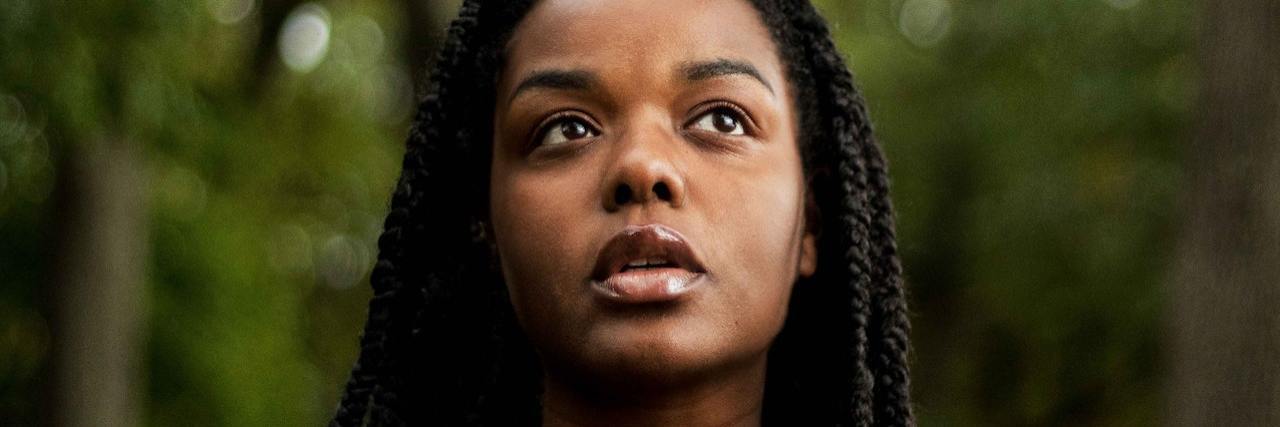Stunned.
How else do I describe my reaction to the Derek Chauvin verdict? Who would think that a white man in authority would be held accountable for taking the life of a Black man? I am overwhelmed.
When I heard the verdict, I fell silent. I was not prepared. I thought I was prepared for whatever happened but deep down I was prepared to be disappointed. I was preparing to sit in my chair the rest of the afternoon and weep.
This has been a rough few months waiting on this verdict.
I work with a group of men who are court ordered to participate in an Accountably Court for the Mentally Ill. The men are typically, Black, homeless, unemployed, with long criminal records and amazing human beings. Their mental illnesses range from treatment resistant depression, bipolar to schizophrenia. I work with them weekly running a support group modeled from the National Alliance on Mental Illness Connection Recovery and Support Group. We focus on what has gone on with them in the past week as it relates to their mental health.
The Monday before the Chauvin verdict we discussed if they were paying attention to the trial and were at all invested in the outcome. The men stated they were not confident that justice would be served. They felt the officer would get away with his crime because Black people do not matter in our society.
I asked how they felt about the police. They stated that they feared the police and feared any interaction could lead to death. They felt no one cared about them. One man stated that under no circumstance would he call the police.
The reason I brought up the trial with them is I wanted to check in about their ability to process the verdict safely. I wanted them to be able to express their feelings about it in a constructive way no matter the verdict.
I reminded them all emotions are valid and should be expressed in a way that is constructive and safe. We talked about a positive verdict and how they may feel elated and hopeful. We talked about how they can
express those feelings. They may talk with a friend, play some upbeat music, call their sponsor, watch the news coverage, march with others and/or attend a rally.
We also talked about how they would respond if the verdict were negative. One of the men immediately responded that he “would burn it down.” I asked him why? He stated that he would be angry and that someone would need to be punished. I asked him if he feared being arrested again. He stated he would blend in the crowd so they could not catch all of them.
I can relate to his anger and the desire to burn it all down. I get that angry too. I just have developed coping skills that keep me from acting out in that way.
We talked about how he could take his energy and use it for good. That being destructive would not serve anyone and would only cause more anguish. We talked about him reaching out for help after the verdict to process the decision negative or positive. He began to understand that lashing out would only cause more pain in his life and would not accomplish anything.
We talked about him telling his story and being an activist. Going out and making the public aware of him being victimized and driving others to action.
I hear him and I hear the cries of so many like him. There appears to be no way out. He is pressured into a corner where he sees fighting as his only way out.
The men in the group and others like them are seen as a threat no matter how hard they try to blend in. No one is giving them a second chance for reform. They are left alone with their emotions.
If you are struggling with your emotions about the verdict or the fact that another Black man Daunte Wright was gunned down mere blocks from the Derek Chauvin trial there are ways to manage:
- Reach out to a friend.
- Talk with a professional.
- Join and anonymous group/call
your sponsor. - Pray or find some way to connect
to your spirituality. - Become an activist/tell your
story. - Vote/help others vote.
- Read books about expressing your
emotions. - Read about the civil rights movement and how others acted nonviolently.
You do not have to deal with all these emotions alone. This is a collective trauma, and we all have a significant amount of healing to do. Reach out there is help for you.
Photo by Jessica Felicio on Unsplash

